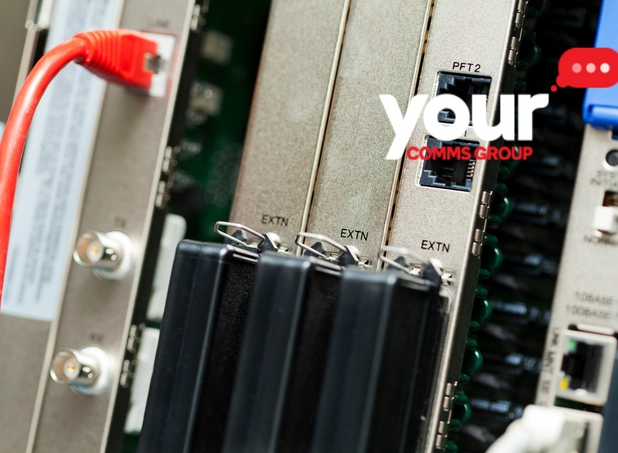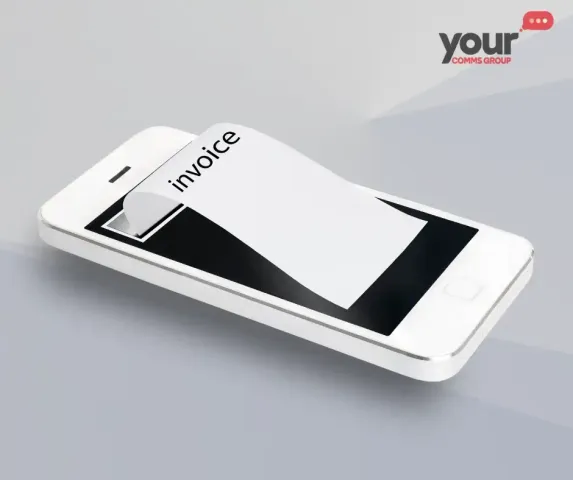Pro Rata Billing
Most people during their adult lives would have heard the term Pro rata billing - especially those of us who have been into a shop to buy or upgrade...

PBX Phone Systems for Businesses. The PBX, or Private Branch Exchange System, is an all-in-one phone system that acts as a business-oriented alternative to the conventional mobile or landline telephone. Designed specifically to cater to the needs of businesses, the PBX phone system boasts a host of features to aid internal and external communications that go beyond the simple making and taking of phone calls.
Facilities that enable conference calls, call routing, call recording, unified communication, and the capability to hold music are just a few of the properties of the PBX system. There are several different types of PBX, and these varying types use a variety of channels for communication, including ISDN (Integrated Services Digital Network) and the more cutting-edge VoIP (Voice Over Internet Protocol).
In short, it depends on which variation of the PBX system you are using. The analogue PBX is connected via traditional phone lines, whilst, in opposition, the more modern IP PBX system uses digital phone lines instead of analogue. This means that the IP PBX system is more flexible and scalable, with outside trunk lines and internal extensions being less fixed. Instead, you can add a seemingly limitless amount of internal extensions and trunk lines, allowing your business to grow and adapt. Finally, rather than using digital or copper lines, a cloud-hosted PBX operates based on a remote server, with the provider taking responsibility for services and the equipment.
Older phone systems generally cost more than a PBX phone system, especially if you have multiple phone lines. A lot of costs incurred through phone bills and maintenance can be reduced by choosing a PBX phone system instead.
Whilst standard voice calls are still regularly used, PBX supplies easy access to the more modern options, such as video calling and web conferences, as well as social media communications.
Instead of manual switchboards, organisations may manage phone calls more efficiently using online switchboard choices, auto attendants, call forwarding rules, and complex queuing techniques. Supervisors can record calls, listen in on calls, or take over for training and better customer service using modern systems.
Users can control their communications using a web browser or a cell phone even if they are not at an office, as well as contact a colleague's extension, answer incoming calls, or dial external numbers using a web or mobile app. They may also view who is calling, transfer calls, and set up call forwarding. Additionally, some office phone systems provide video and business texting capabilities.
In summary, PBX is the more affordable, more efficient solution to business communications. If PBX systems are something that could benefit you and your business, please contact us at sales@yourcommsgroup.co.uk.

Most people during their adult lives would have heard the term Pro rata billing - especially those of us who have been into a shop to buy or upgrade...

Mobile contracts come in all shapes and sizes – different terms, with and without phones, direct with a network (Vodafone, O2 etc) or via a...

An alternative to a public switched telephone network (PSTN), a VolP phone system allows you to transmit voice calls via an internet connection ...